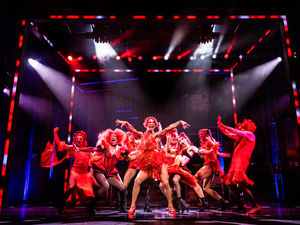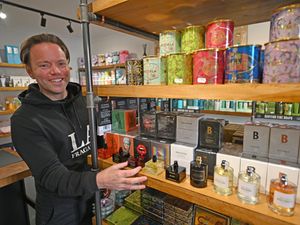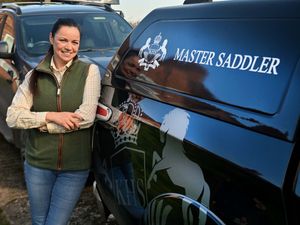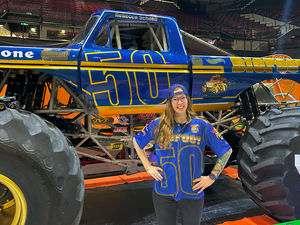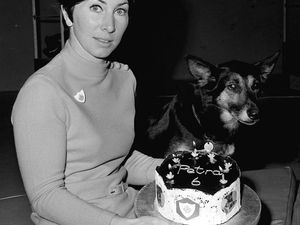So, what's the magic word in your family?
A cob is crusty, a bap is soft, a barm is northern and a roll is something you do when you're getting out of bed.
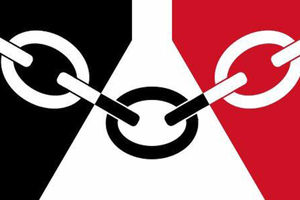
Isn't it strange how we adapt language based on where in the country we live? Each country has its languages, each region has its dialects and each generation has its lingo.
I find it wonderful how driving just an hour or two in any direction from home leads to completely different sounds.
More unusual still is how we use different words and phrases that we only seem to use within our own family. Talk about regional – there are some terms that don't even extend to your next door neighbours.
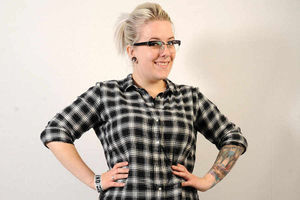
For example, when she was small (and she still is quite small, but I mean 'younger' in this instance), my auntie call Jif lemon 'trevadus'. There was no real reason why – I assume it was how she translated 'lemon juice' – but now that's just what I call it as standard. In the supermarket on Pancake Day, I was looking for trevadus to accompany my crepes.
One of my colleagues has a very similar quirk. She calls a sticky-out mole a 'queeta' and if something's cute, she says it's 'schwert'. It's quite strange really, but it's hers and I like her, so I like that. She's a proper little schwerter, whatever that means.
I can imagine that many silly words come as a result of a child in the family struggling to pronounce something. Some families call a baby's dummy a 'diddy'. My brother called it his 'olly-ar' because that's the noise he made when it was in his mouth. Olly-olly-olly-ar.
Even now, as a grown woman, I call the blanket that I throw over my shoulders when it's nippy my 'blankin'. I love nothing more than wrapping myself up in my blankin and watching Netflix. What of it?
I posed the question to my friends online, to see if they were weird too. Turns out, they are.
My friend Gema calls her television remote a 'diddler', Ian calls his tummy his 'pod' and Craig calls his socks his 'muppets'. Sarah and her children call bananas 'la-las' and Becci and her kids call horses 'kemups'.
The sweet thing is that none of these people seem to know why they're doing it. It's just one of those things that we do that makes no sense to anyone but us and ours.
And it's just wonderful, isn't it?
This type of familiarity goes beyond just words too. For example, you know when you're in trouble, and your mum gives you 'the look'? Well, that's probably a look only understood by you and your mum. Everyone else's mum has a look too, but not that look. That look is just for you, it's exclusive, and it means you're in trouble. Big trouble.
The same goes when someone says something funny but don't intend to. When you got a telling off at school, for example and your teacher said something that was just hilarious. Do you remember glancing at your best friend and sharing that unspoken little look that means you've both acknowledged it and now have to fight really hard not to laugh? That connection goes far beyond words, and that's very special thing.
Not when it earns you detention though. I'd rather gew 'um to eat cheese cobs.

